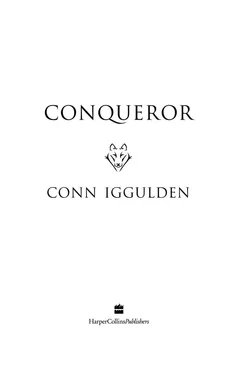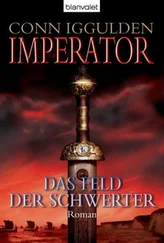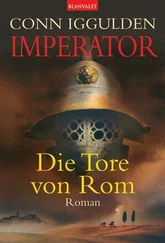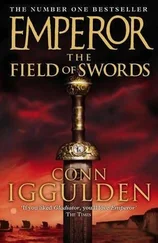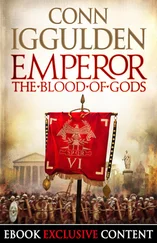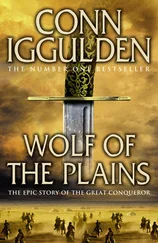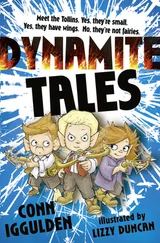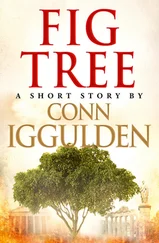When I began this series, I intended to write all of Kublai Khan’s life. The most famous events - meeting Marco Polo, both attacks on Japan - seemed like vital parts of the story. Yet it is a truth of historical fiction that all the characters are long dead; all the lives and stories have ended, and usually not well. Very few lives finish in glory and I have already written the deaths of Julius Caesar and Genghis Khan. For once, I thought I might finish a series with a character still alive and with all his dreams and hopes still to come. I might know that Kublai’s wife and son died before him, leaving him a broken man given to drinking and eating far too much, but at this point in his life, he does not - and that is how I wanted to leave him.
There will always be loose ends with such a decision. Kublai defeated the Sung at last and established the Yuan dynasty of a united China, a name still used for the currency today. His descendants ruled for almost a hundred years before fading into history, though the bloodline of Genghis ruled other khanates for far longer.
This story began with a single, starving family, hunted and alone on the plains of Mongolia - and ends with Kublai Khan ruling an empire larger than that of Alexander the Great or Julius Caesar. Over just three generations, that is the simply the greatest rags-to-riches tale in human history.
Conn Iggulden
London, 2011
GLOSSARY OF TERMS

Airag/Black airag
Clear alcohol, distilled from mare’s milk.
Arban
Small, raiding group, usually ten men.
Bondsmen
Warriors sworn to personal service, guards to a khan.
Chuh!
Phonetic representation of the Mongol horse command for speed.
Deel
Lightly padded full-length robe with wide sleeves, tied at the waist.
Earth Mother
Earth spirit, partner to the Sky Father.
Gers
Circular homes of felt and wicker lattice, sometimes mistakenly called yurts.
Guest rights
The offer of temporary protection or truce while in a man’s home.
Gur-khan/Great Khan
Khan of khans, leader of the nation.
Jagun
Military unit of a hundred men.
Khan
Tribal leader. No ‘k’ sound in Mongolian, so pronounced: ‘Haan’.
Minghaan
Military unit of a thousand.
Nokhoi Khor!
Pronounced: ‘Ner-hoy, Hor.’ Literally: ‘Hold the Dog!’ - a greeting when approaching strangers.
Orlok
Overall commander of a Mongol army.
Quiriltai
A gathering of princes for the purpose of electing a new khan.
Shaman
Medicine man in a tribe, both a healer and one who communes with spirits.
Sky Father
Sometimes called Tengri. Mongol deity, partner to the Earth Mother.
Tuman
Unit of ten thousand.
Yam stations
Stops for fast scouts to change horses, twenty-five miles apart.
INDEX OF CHARACTERS

Ala-ud-Din Mohammed
Shah of Khwarezm. Died exhausted on an island in the Caspian Sea.
Alkhun
Senior officer of the khan’s guards in Karakorum.
Arslan
Master swordsmith who was once armourer to the Naiman tribe. Father to Jelme. Died of disease in Samarkand.
Baabgai
The bear. A Chin recruit who becomes a successful wrestler.
Baidur
Son of Chagatai. Rules his father’s khanate around modern day Afghanistan.
Barchuk
Khan of the Uighurs.
Basan
Wolf tribe. Bondsman of Yesugei in Wolf of the Plains .
Batu
Son to Jochi and grandson to Genghis Khan. Leads a tuman with Tsubodai and becomes a lord with vast lands in Russia.
Bayar
General to Kublai.
Bekter
Oldest son of Yesugei and Hoelun. Murdered by his brothers.
Bela IV
King of Hungary at the time Tsubodai’s tumans attacked.
Borte
Olkhun’ut tribe. Daughter to Sholoi and Shria. Becomes wife to Temujin/Genghis and has four sons: Jochi, Chagatai, Ogedai and Tolui.
Chagatai
Old storyteller in Wolf tribe.
Chagatai
Same name as storyteller. Second son of Genghis and Borte. Father to Baidur.
Chakahai
Daughter to Rai Chiang of the Xi Xia. A princess given as tribute. Second wife to Genghis.
Chen Yi
Criminal gang leader in Chin city of Baotou.
Chulgetei
General of a tuman under Tsubodai.
Conrad Von Thuringen
Grand Master of the Teutonic Knights.
Eeluk
Bondsman to Yesugei Khan. Becomes khan of the Wolves on Yesugei’s death.
Enq
Olkhun’ut tribe. Father to Koke. Brother to Hoelun. Uncle to Temujin/Genghis and his siblings.
Genghis Khan(see also Temujin)
First khan of the Mongol nation. Husband to Borte. Father to Jochi, Chagatai, Ogedai and Tolui. Dies in Bones of the Hills.
Guyuk
Son of Ogedai Khan and Torogene.
Hasan
Brutalised servant in assassin fortress of Alamut.
Ho Sa
Officer of the Xi Xia. Becomes envoy and officer under Genghis. Dies in Bones of the Hills .
Hoelun
Wife of Yesugei. Mother to Bekter, Temujin, Kachiun, Khasar, Temuge and Temulun.
Hulegu
Third son of Sorhatani and Tolui. Grandson of Genghis Khan.
Ilugei
General of a tuman under Tsubodai.
Inalchuk
Governor of the city of Otrar. Dies when Genghis pours molten silver into his mouth.
Jebe(originally Zurgadai)
Chosen successor to Arslan. Becomes one of Genghis’ most trusted and able generals. Leader of ‘Bearskin’ tuman. Friend to Jochi, Genghis’ son.
Jelaudin
Son and heir to Shah Ala-ud-Din Mohammed.
Jelme
Son of Arslan. Later becomes one of Genghis’ most trusted generals.
Jochi
First son of Genghis and Borte. Some doubt over paternity. Becomes general to ‘Iron Wolf’ tuman. Only general ever to rebel against Genghis. Killed in Bones of the Hills .
Josef Landau
Master of the Livonian Brothers, an order of European knights.
Kachiun
Fourth son of Yesugei and Hoelun. Becomes a general under Genghis.
Khalifa Al-Nayan
Leader of elite Arab cavalry for Shah Mohammed.
Khasar
Third son of Yesugei and Hoelun. Becomes a general under Genghis.
Kokchu
Shaman to the Naiman Khan and later to Genghis. Killed in Bones of the Hills .
Koke
Olkhun’ut tribe. Nephew of Hoelun. Cousin to Temujin and his siblings.
Koten
Leader of the Cumans, a refugee people who fled into Hungary and converted to Christianity.
Kublai
Second son of Sorhatani and Tolui. Grandson of Genghis Khan.
Lian
Читать дальше
Конец ознакомительного отрывка
Купить книгу
